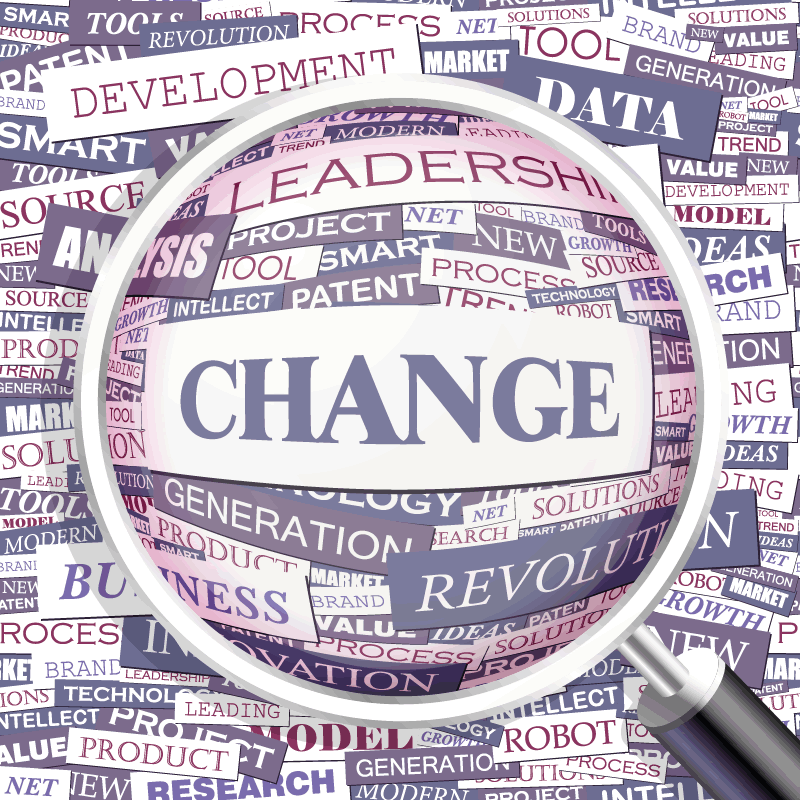So how do we drive positive change?

If you’ve been working in sustainability for some time (as I have) you will be familiar with the battle to drive change (as are those in other types of work). Often pushing against an innate fear of change and resistance to changing what’s familiar or comfortable.
We want to change the relationship between businesses and the (largely unintended) impacts they create in the world. Impacts that contribute to climate disruption, biodiversity loss, pollution and toxic chemicals.
Things which now – or later – will damage our lives, wellbeing, income and wealth.
But while as a species we now drive global impacts (we emit 38Gt CO2 annually for example) many of us don’t like much change in our personal or business lives.
Many businesses thrive on innovation and disruption of course (and we’re hoping some will crack some of the world’s most difficult challenges). But many simply focus on seeking a commercial MVP (minimum viable product), optimising it and then scaling this formula and running it as long as possible.
Fear of change presents a problem for sustainable transformation.
There is also the challenge that (often unconsciously) we tend to assume that the status quo is somehow correct, natural or best. An aptitude which prompts us to instinctively reject visions of the future as containing greater risk or value judgements than our present reality.
Then there’s a third-related challenge – that the cost of action is overestimated while the cost (and/or opportunity cost) of inaction, of business as usual, is underestimated.
And a fourth one… asymmetry biases for losses and gains means losses are felt more keenly than gains are relished. I could go on – there are many more cognitive biases that affect our thinking and mental models of the world.
How do we deal with this?
At a personal level… by:
- being self-critical – but only constructively critical of others.
- challenging thinking – but not people at a personal level.
- seeking truth based upon real evidence – not ideology.
At an organisational level… by:
- focusing on the big social and environmental drivers in our sector
- listening carefully to customers, their requirements and objectives
- mobilising supporters and allies within the leadership and senior staff – a great question often is – ‘do we plan on being in business in 20 years?’

 Parasite Economy to Positive Economy?
Parasite Economy to Positive Economy?
Leave a Reply